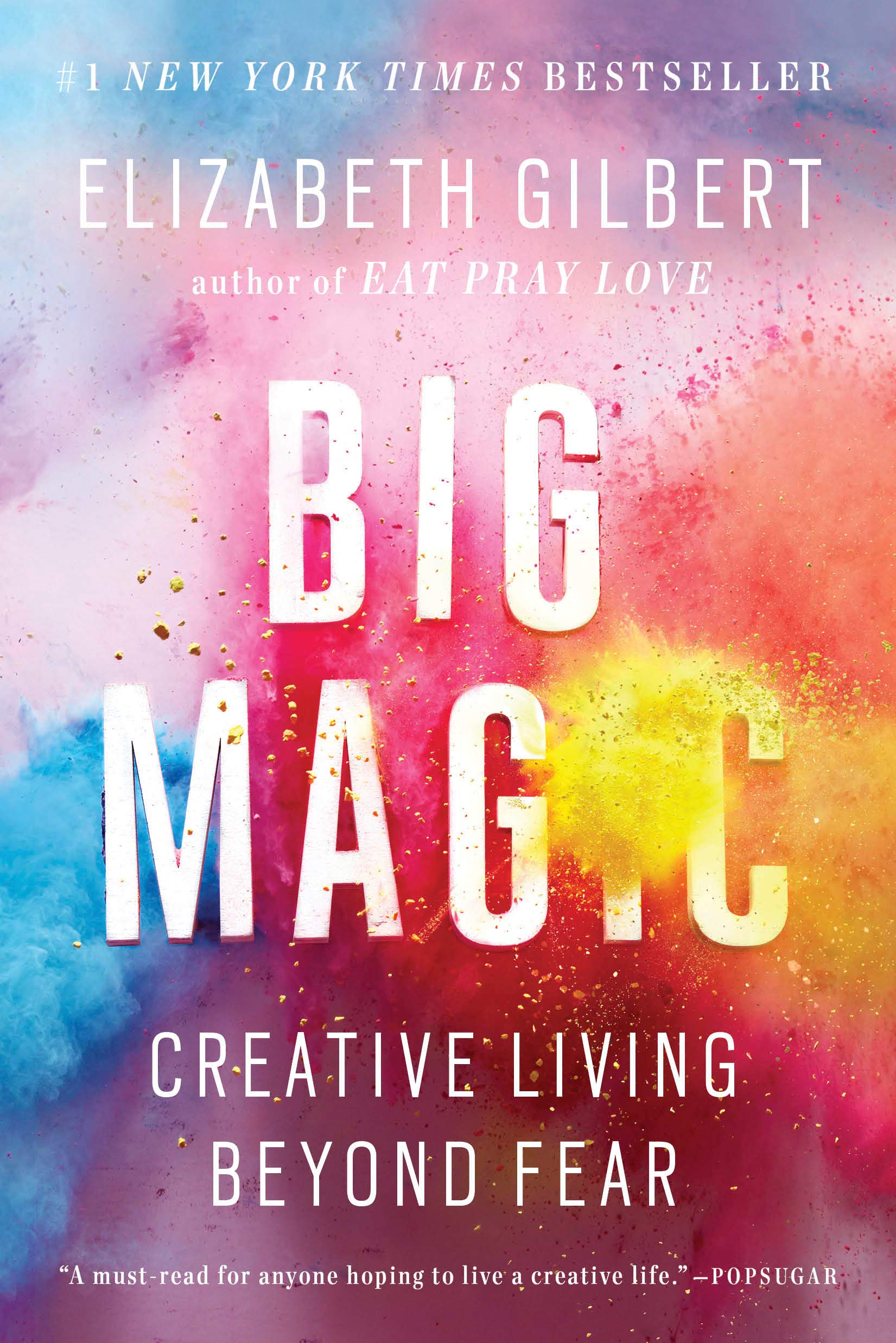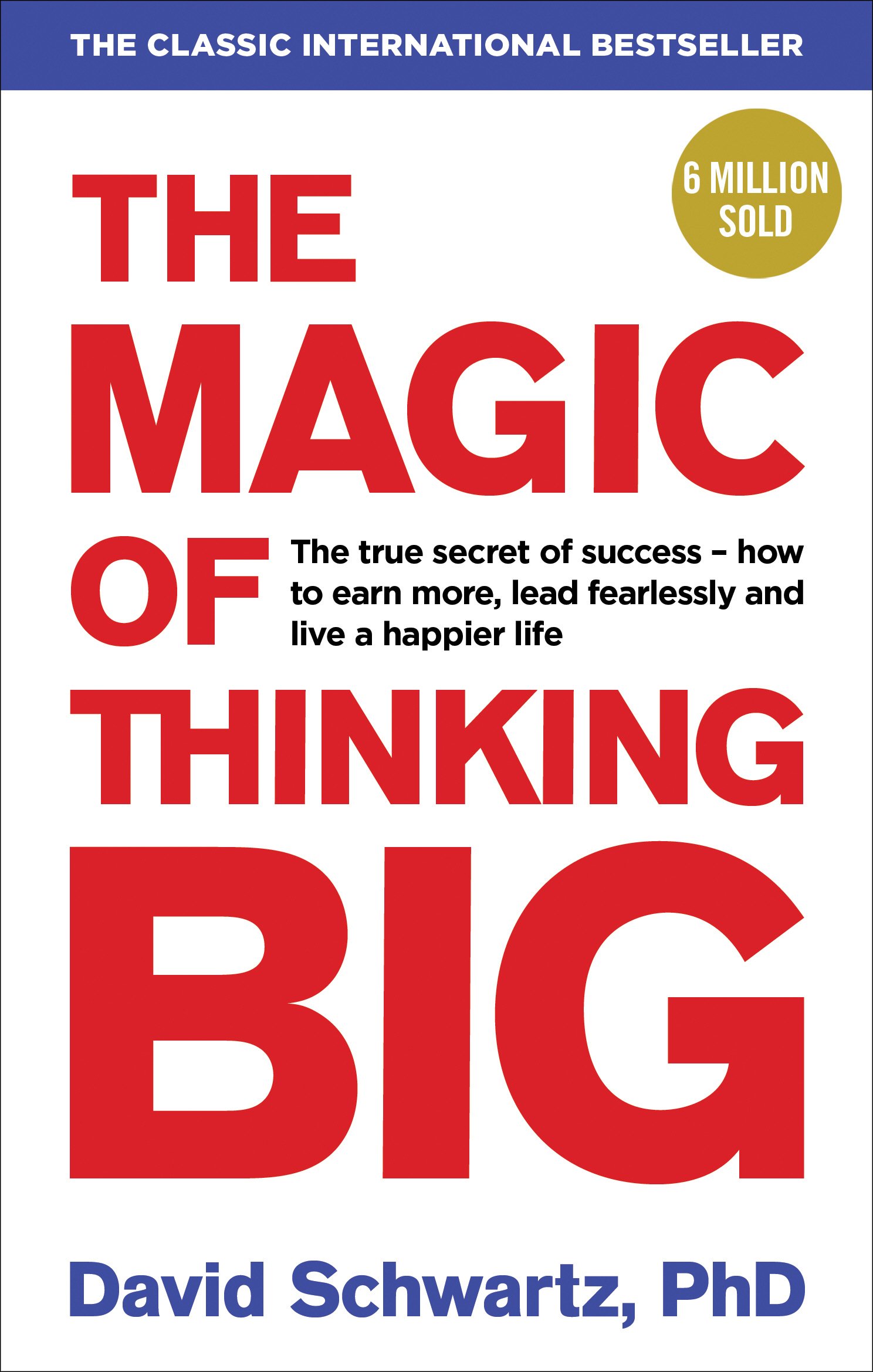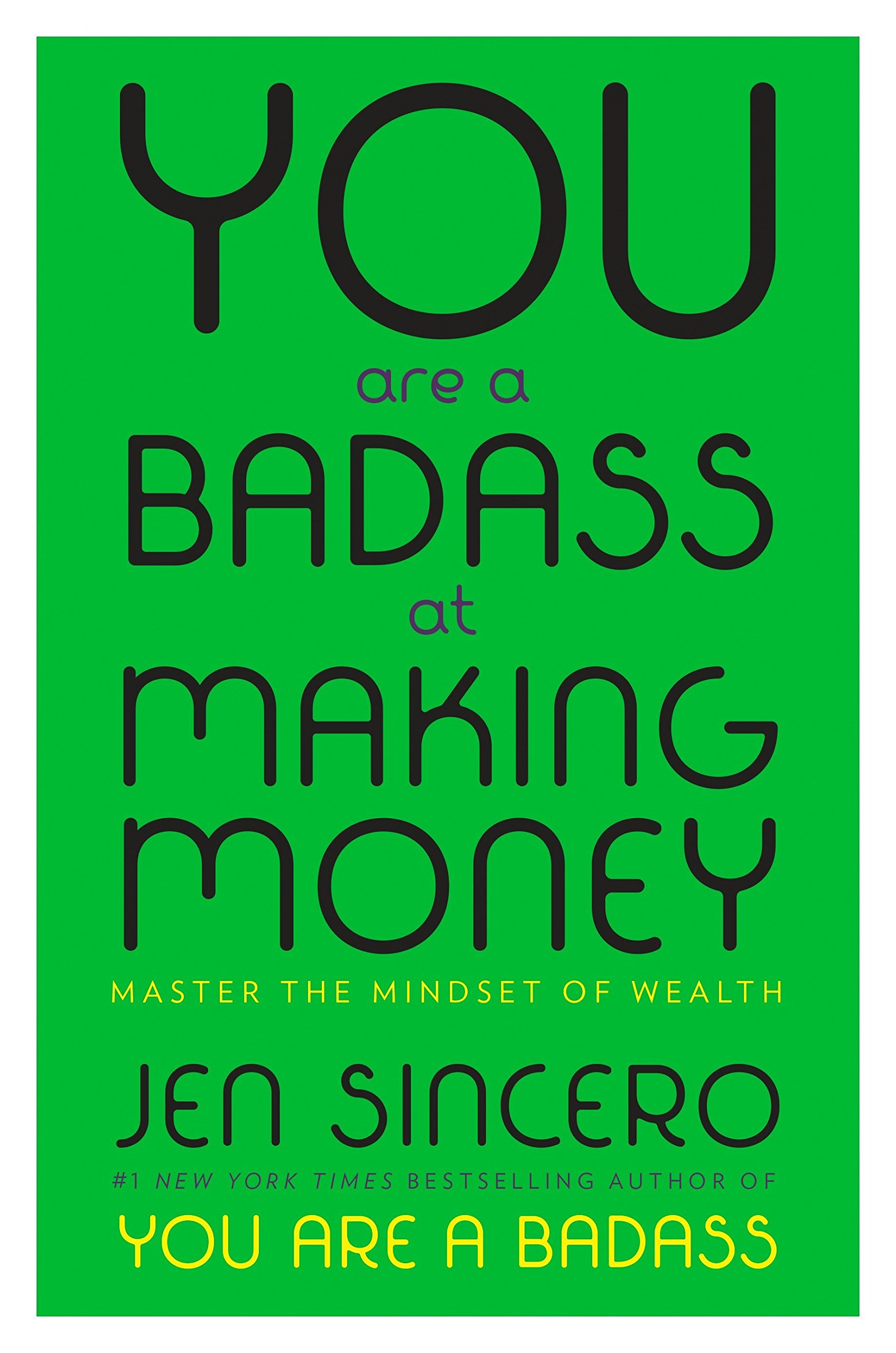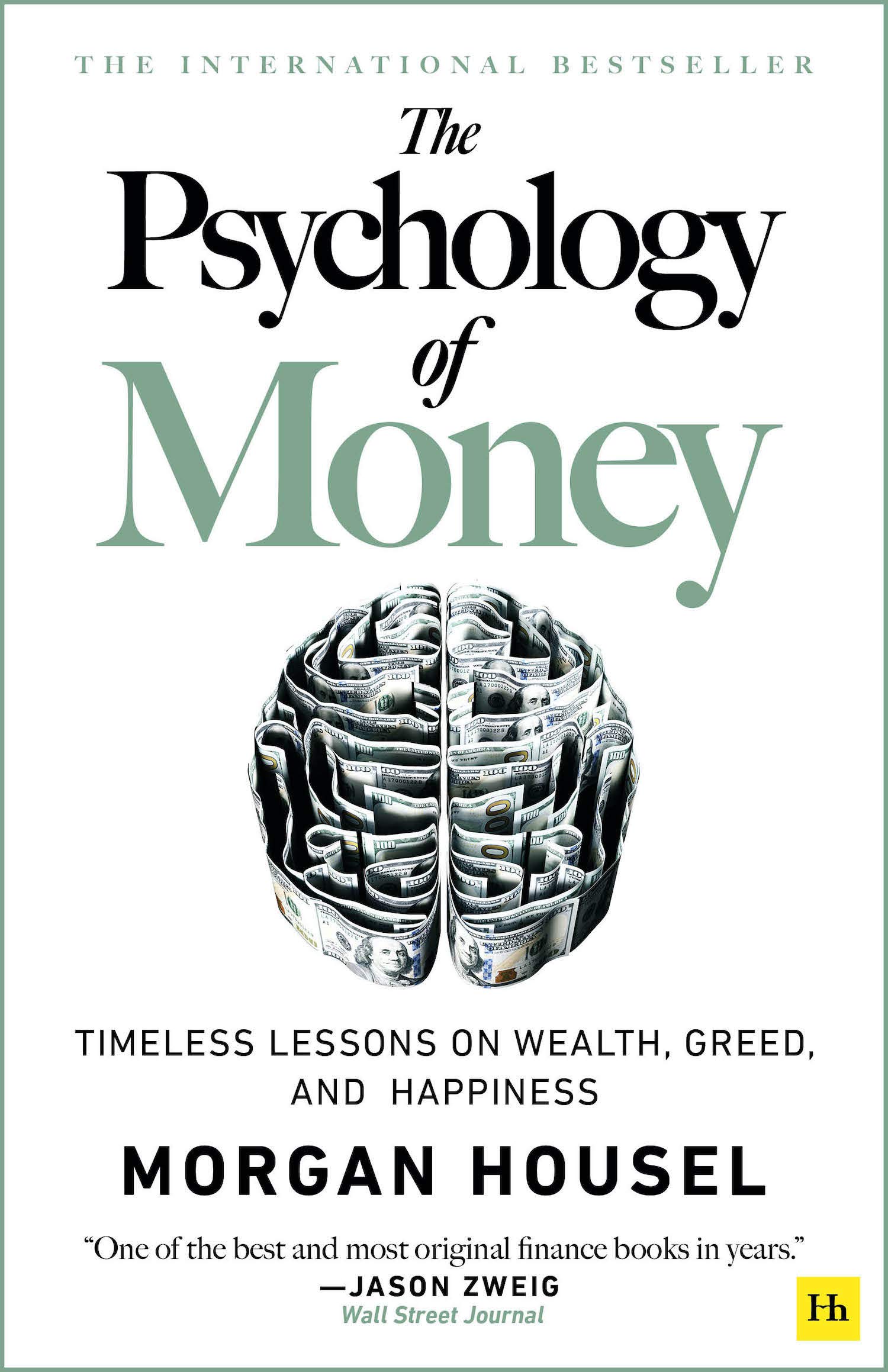We are merely vectors that bring creative ideas into being.

Big Magic by Elizabeth Gilbert tackles the challenge of leading a creative life: the barriers faced and how to get around them. Gilbert is an enormously successful writer; here she shares her inspiration and stories on how to produce novel work.
The main idea is that creativity is a mystical process where people are merely the vectors for ideas to come into being. Therefore, you must put yourself in the right place (mental, physically, spiritually) to bring the ideas forward into reality. So, acknowledge what facilitates and prevents this process in order to keep hold of ideas as they pass through you.
Key points:
- Fear prevents creativity
- You need courage to bring forward your work and ideas. There are all sorts of ways to rationalise the fear of creativity
- It requires a degree of arrogance to put your work out into the world and overcome the fear
- Ideas are out there and you need to be receptive to take them
- Ideas, and even creative genius, can pass from person to person
- The pressure to live up to expectations (and previous successes) can prevent people from making more
- The solution is just to keep putting out work, even if crappy
- Aim to be authentic, not original
- It is essentially impossible to be original, but only you can be you
- No-one can compete at being a better version of you, so that is your niche
- Write (or create) for yourself, not others
- This will help keep your work authentic
- Don’t complain about the downsides that you have chosen
- If you have chosen to be a creator, acknowledge that it comes with some negative aspects.
- Everything has its bad bits (“What is your favourite flavour of shit sandwich?”)
- You must be able to stick out the long game in order to be successful
- This means tolerating, and embracing, the downsides
- If you have chosen to be a creator, acknowledge that it comes with some negative aspects.
- Don’t make creativity pay the bills (until you are absolutely sure it can without a shred of worry)
- Avoid being both a perfectionist and lazy
- You can be a perfectionist if you work exceptionally hard, or
- You can be lazy, as long as you’re happy to ship whatever work you do
- If you are both a perfectionist and lazy then you work get work out into the world
- Success = talent * luck * discipline
- Think about how do you define success
- Beware the allure of the suffering artist
- The creator/artist who destroys their life through vices is a cliche that doesn’t really stand up to the realities of world
- There is a way to successful create unique work without being miserably consumed by it
- Everyone feels they need more uninterrupted time to create so don’t use that as an excuse
- It may feel daunting if people ask you want you’re “passionate” about, so instead aim to look into just what you’re “curious” about
- Following your curiosity sounds easy and light – it may lead your to interesting places
- There is the interesting paradox that an artist must both completely care about every detail of their work yet also not be attached to it
- When creating, you must put your heart and soul into every tiny detail in and strive for excellence
- But a time must come when you are ready to ship it and allow it to be subject to criticism. Allow it to be torn apart without you feeling torn apart yourself.
- This keeps the “you are not your art” distinction and lets you carry on creating
Whilst I found parts of this book a bit overly mystical at times, the general principles on how to produce creative work were deeply insightful.
More books like this:
- Do the work by Steven Pressfield
- Keep going by Austin Kleon
- Leap first by Seth Godin
- The war of art by Steven Pressfield
Useful links:




